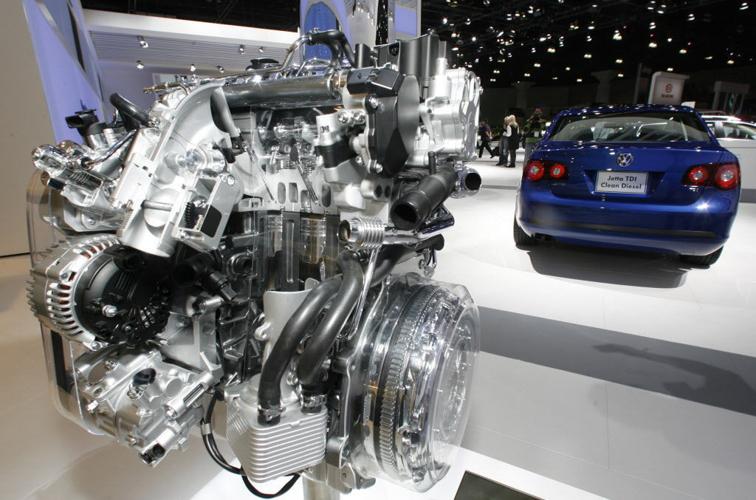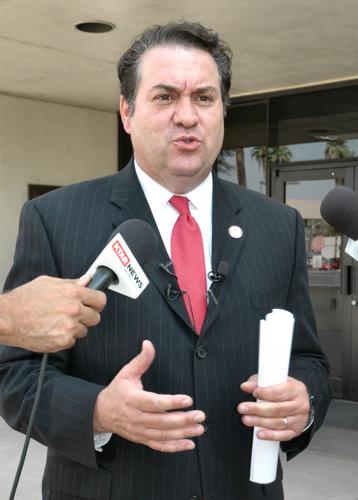PHOENIX — Volkswagen will shell out $40 million to settle charges that it defrauded Arizona residents by selling them vehicles billed as clean-burning diesel that were not.
The deal, being announced today, provides payments up to $1,000 to each of about 10,000 Arizonans who bought or leased vehicles manufactured by VW, Audi and Porsche from 2008 through 2015. The money those consumers get will be in addition to anything they have received or will receive from a nationwide lawsuit.
An additional $20 million is going into the state general fund. Attorney General Mark Brnovich said these dollars will be used to help fund the increased aid for public education.
What’s left over will pay the state’s legal fees and also go into an account the attorney general can use to investigate future consumer fraud claims of any kind.
Brnovich said Arizona is the first state to obtain direct consumer restitution from Volkswagen through its own litigation.
The company already agreed to pay $4.3 billion in penalties to settle charges brought by the U.S. Environmental Protection Agency. VW is paying out an additional $17.5 billion to resolve civil lawsuits filed by customers and dealers.
“The Attorney General’s Office isn’t afraid to take on a fight when Arizona consumers are deceived, which is why we filed our own consumer fraud lawsuit,” Brnovich said in a written statement. “We believed Arizona consumers deserved more and now they’re getting more.”
The case filed in 2016 stems from the sale of vehicles with a special diesel engine that was advertised as having just a fraction of the emissions of similar cars. Buyers paid anywhere from $1,000 to $7,000 more than for comparable vehicles.
But those low emissions were, in many ways, on paper only.
VW engineers had programmed each vehicle’s computer to recognize when it was being tested for emissions. At that point, it would go into a low-power mode with sharply reduced pollution.
Once the test was over, the engine returned to full power. That mode produced more pollutants, including as much as 40 times the maximum allowable standards of nitrogen oxides.
Brnovich said that in hiding that information the company violated the state’s Consumer Fraud Act.
Attorneys for the company fought the lawsuit.
They acknowledged VW marketed its cars to Arizona residents. But they argued that it did not deliberately target Arizona consumers, pointing out this was part of a national sales effort.
But in a preliminary ruling last year, Maricopa County Superior Court Judge Mark Warner derided that contention.
“A company that advertises with the purpose of selling its products to Arizona consumers has made purposeful contacts with Arizona, even if it also made purposeful contacts with the other 49 states,” he wrote. “To hold otherwise would mean no state has jurisdiction over deceptive nationwide marketing campaigns.”
In agreeing to the deal, VW is not acknowledging fault but says it simply wants to settle the matter.
A third-party administrator will be selected to help identify harmed consumers who will then get a letter. Consumers will have 90 days to return their form and collect up to $1,000 in restitution, if eligible.





